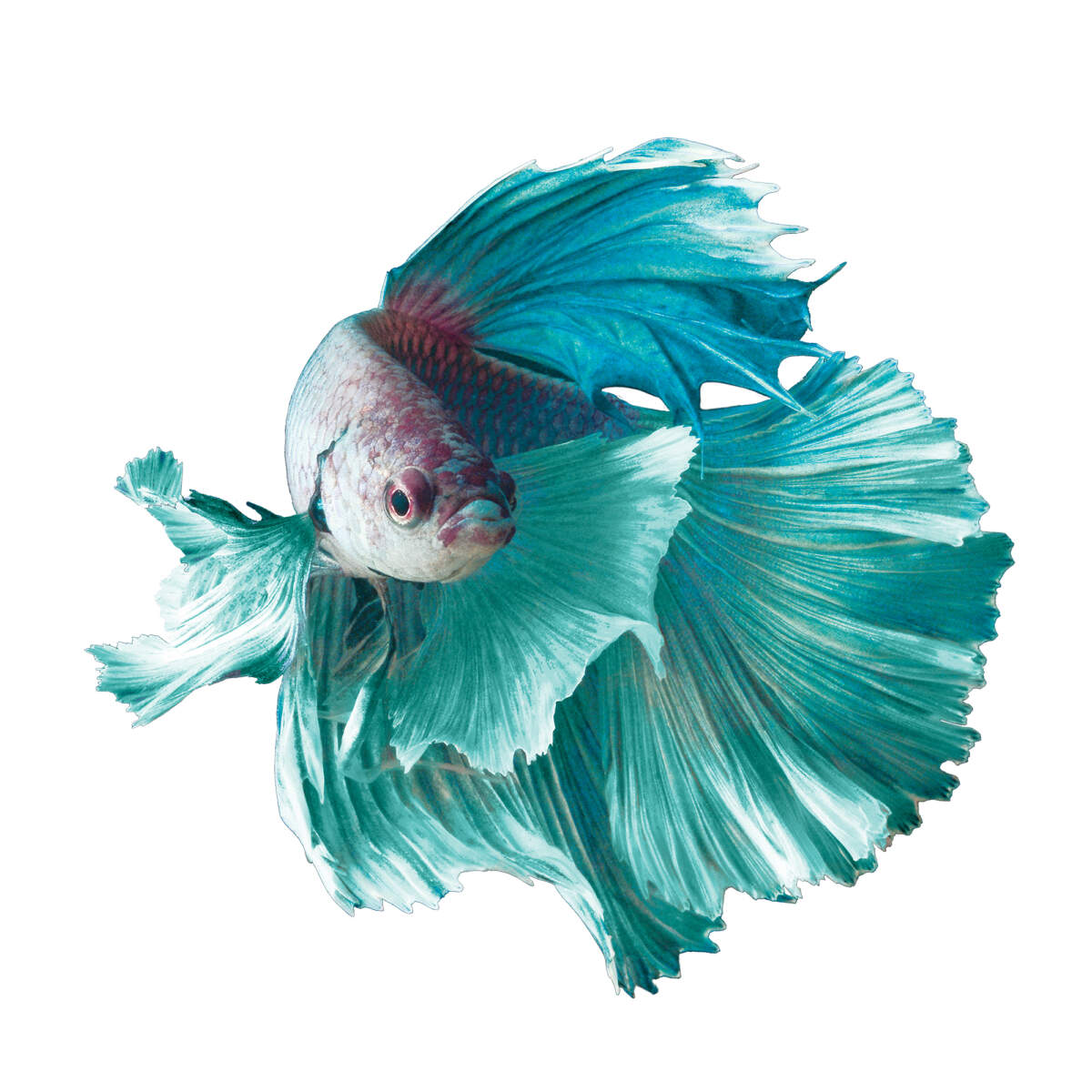The Ultimate Guide to Betta Fish Treatment: Vital Tips for Keeping a Healthy and Flourishing Fish Tank Atmosphere
Effective Betta fish treatment necessitates a thorough understanding of their unique ecological and physiological requirements. Establishing an appropriate fish tank begins with picking the right container dimension and ensuring optimal water conditions, which are important for the wellness and wellness of your Betta.
Choosing the Right Storage Tank
Choosing the proper container for your Betta fish is vital to ensuring its wellness and health. Bettas thrive in atmospheres that mimic their natural habitats, which normally are composed of tranquility, cozy waters. A storage tank size of a minimum of five gallons is recommended to give ample swimming space, as smaller sized containers can cause anxiety and health concerns for these lively fish.
When picking a storage tank, think about the container's form and filtering system. A rectangular storage tank is preferable to a bowl, as it offers more surface for oxygen exchange. Additionally, a dependable filtering system is necessary to keep water quality and reduce the frequency of water modifications (betta fish). Nonetheless, it's essential to select a filter with a mild flow, as Bettas are not strong swimmers and might have a hard time against solid currents.
Temperature guideline is one more vital factor; Bettas favor water temperature levels in between 76 ° F and 82 ° F. Buying a great heater will certainly make certain that the water stays within this range, promoting a healthy and energetic way of life for your Betta. Offering ideal tank decors and hiding places will help reduce stress and motivate natural habits, additionally improving your Betta's wellness.
Preserving Water Quality
Keeping optimal water top quality is crucial for the health and wellness and durability of Betta fish. This calls for regular monitoring of various specifications, including temperature level, pH, ammonia, nitrite, and nitrate levels.
Normal testing utilizing a trustworthy water testing package can help make certain these specifications stay within the suitable arrays. Ammonia and nitrite levels ought to always be at 0 ppm, as also reduced focus can be toxic to Betta fish.
Normal water modifications are important to maintaining water quality. It is recommended to transform 25-50% of the container water weekly, depending upon the storage tank size and stocking levels. Using a high-grade water conditioner can aid eliminate harmful chemicals from tap water, making sure a safe environment. Furthermore, including a durable purification system can assist in keeping water clearness and top quality, supplying a much healthier environment for your Betta fish.
Suitable Feeding Practices
Giving a well balanced diet regimen is critical for the health and vivid coloration of Betta fish, as their dietary demands play a substantial role in their overall well-being. Betta fish are meat-eating naturally, calling for a diet high in healthy protein. A mix of high-grade pellets, icy or online foods such go to these guys as bloodworms, salt water shrimp, and daphnia can give the essential nutrients they require.
Feed your Betta fish 2 to 3 times a day, using just what they can consume within 2 to 3 minutes to avoid overfeeding and keep water quality. Overfeeding can result in obesity and health concerns, including swim bladder illness. It is important to monitor their dietary consumption and adjust portion sizes accordingly.
Along with protein, a balanced diet must include minerals and vitamins to promote ideal wellness. Think about supplementing their diet plan with high-quality flakes or pellets especially developed for Betta fish, as these typically consist of essential ingredients.

Developing a Suitable Habitat

Water top quality is critical; preserve a temperature level in between 76 ° F and 82 ° F, and make certain the pH level varies from 6 - betta fish.5 to 7.5. Routine water modifications of 25-50% Check Out Your URL each week will assist keep contaminants away and ensure a steady setting
Including plants and concealing places is critical, as Betta fish are normally territorial and delight in having locations to explore and pull away. Live or silk plants, in addition to caves and accessories, can develop a revitalizing atmosphere.

Routine Health And Wellness Checkups
Performing routine health examinations is crucial for ensuring the wellness of Betta fish, as early detection of potential problems can prevent serious illness. These checkups must include a detailed assessment of the fish's physical condition, behavior, and ecological variables.
Begin by observing the Betta fish for any kind of indications of distress, such as lethargy, anorexia nervosa, or uncommon swimming patterns. Additionally, evaluate the fins and body for indicators of staining, sores, or fin rot, which can suggest infections or bloodsuckers. On a regular hop over to here basis keeping an eye on the water quality in the aquarium is equally crucial; specifications such as pH, ammonia, nitrite, and nitrate degrees ought to be preserved within optimum arrays to avoid tension and disease.
Moreover, consider preserving a log of health observations and water quality examinations. This record can facilitate the recognition of fads or repeating issues. If any type of problems are found during the checkup, it is necessary to seek advice from a veterinarian experienced in aquatic pets. Prompt intervention can make a significant distinction in the recovery of your Betta fish, ensuring a long and healthy life in a well-maintained fish tank environment.
Final Thought
In conclusion, successful Betta fish treatment pivots on creating and preserving an optimal aquarium setting. By complying with these guidelines, aquarists can advertise the well-being and vibrancy of Betta fish, ultimately resulting in a growing aquatic community.